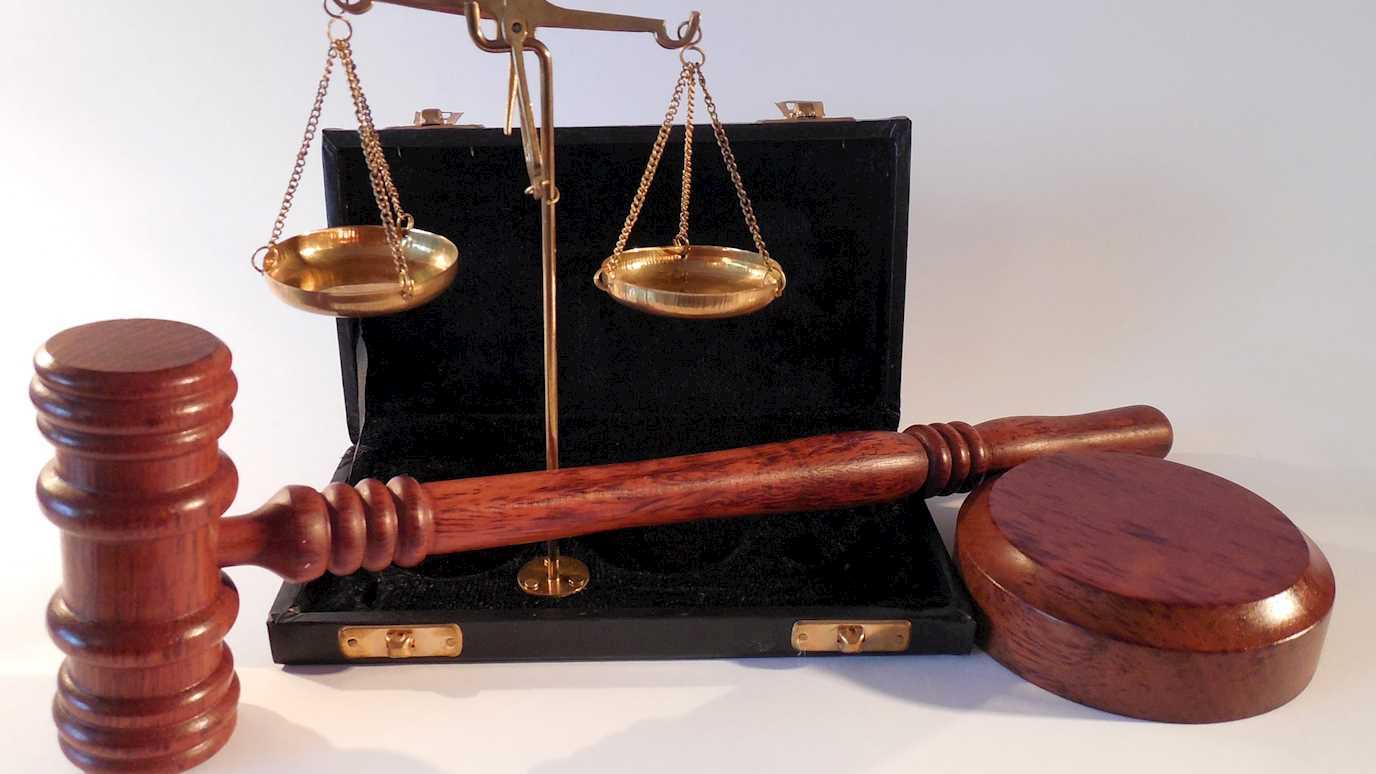Researchers have found that defendants who don’t “swear by Almighty God” when in court run a higher risk of being found guilty by jurors who themselves swear by God.

In countries such as Britain and Ireland, court witnesses must declare they will provide truthful evidence, but those who prefer not to swear a religious oath can instead choose to ‘affirm’, making no mention of God.
The research, led by Royal Holloway, University of London, was conducted in stages, with the first two initial studies finding that people associate the religious oath with credible testimony; and that people, especially those who are religious, are biased against defendants who choose instead to affirm.
Professor Ryan McKay, from the Department of Psychology at Royal Holloway, University of London, said: “If taking the oath is seen as a sign of credibility, this could lead to discrimination against defendants who are not willing to swear by God.
“An earlier proposal to abolish the oath in England and Wales was defeated when opponents argued that the oath strengthens the value of witnesses' evidence. This is ironic, as it seems to acknowledge that swearing an oath may give an advantage in court.”
In a more involved follow-up study of nearly 2,000 online participants, Professor McKay and his colleagues created videos of a mock trial involving a man accused of robbery. In one version of the trial, the defendant swore a religious oath before giving evidence, in the other he chose to affirm.
Participants acted as mock jurors in the trial and were themselves required to swear or affirm that they would try the defendant in good faith.
Overall, jurors who watched the video where the defendant affirmed, rather than swore, were not more likely to find the defendant guilty.
However, jurors who themselves swore an oath, were more likely to find the affirming defendant guilty.
Dr Will Gervais, from Brunel University London, who collaborated on the studies, added: “The biases we report are subtle, but could potentially tip the balance in cases that could go either way.”
Professor Colin Davis, from the University of Bristol, who also collaborated on the work, said: “The stakes here are high, so our findings have important practical implications. Discrimination against defendants who choose not to swear an oath could lead to dozens, if not hundreds, of additional convictions every year.”
























